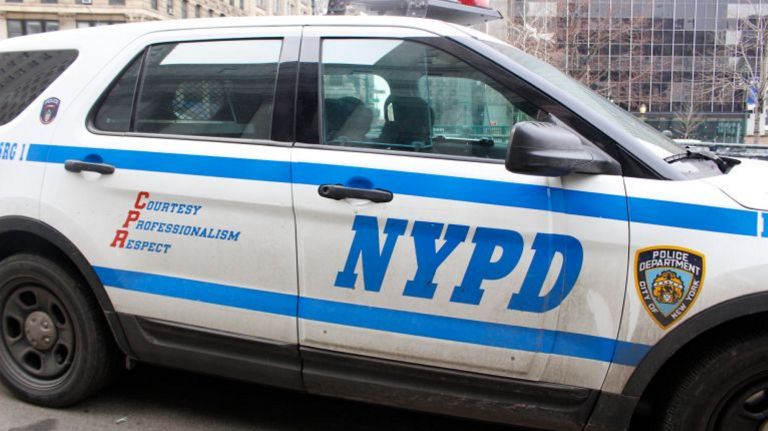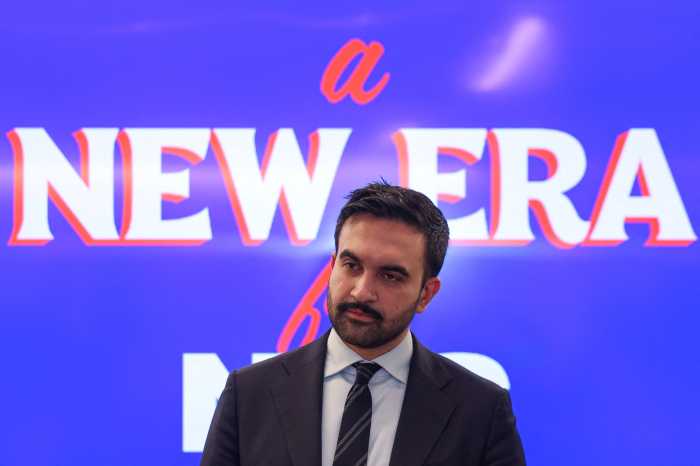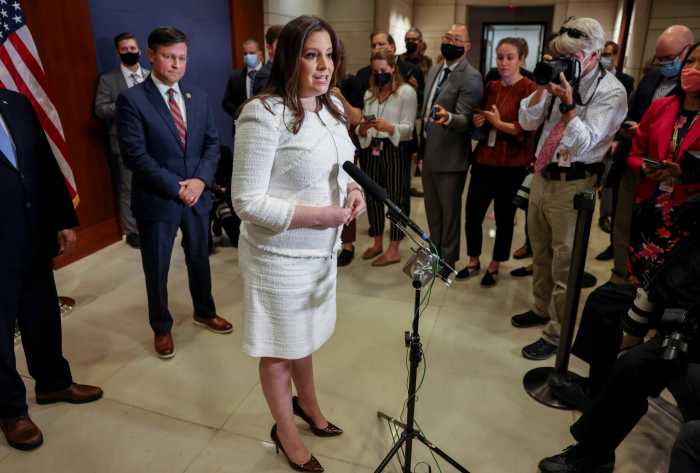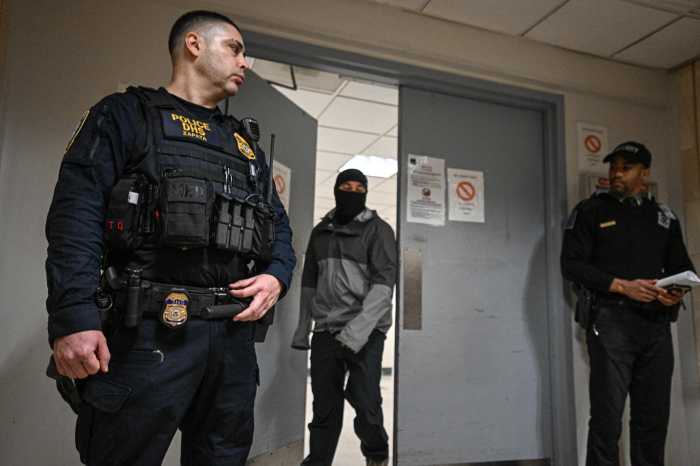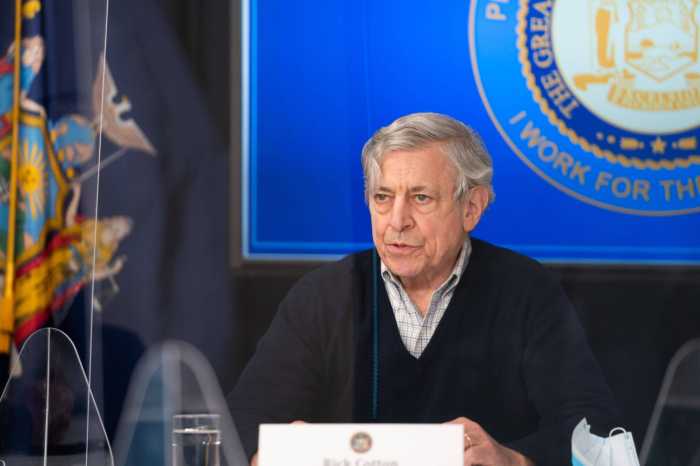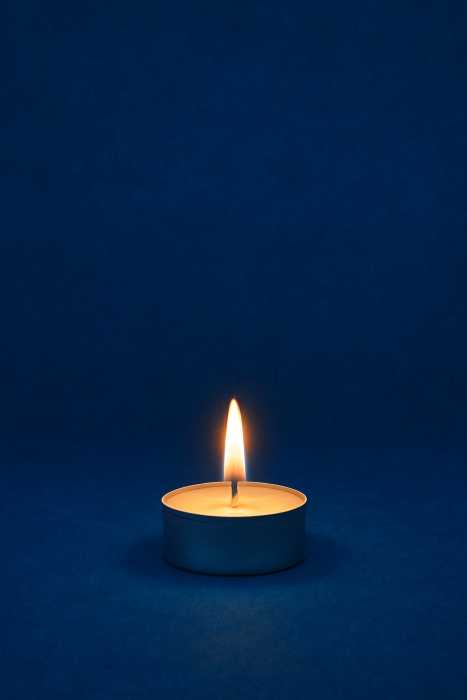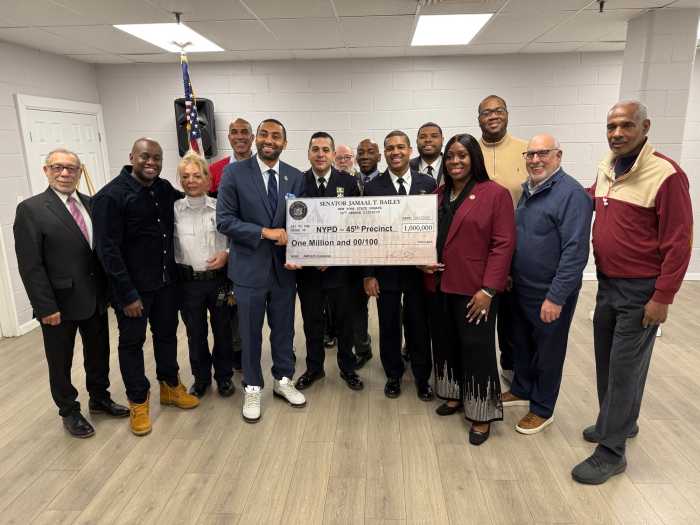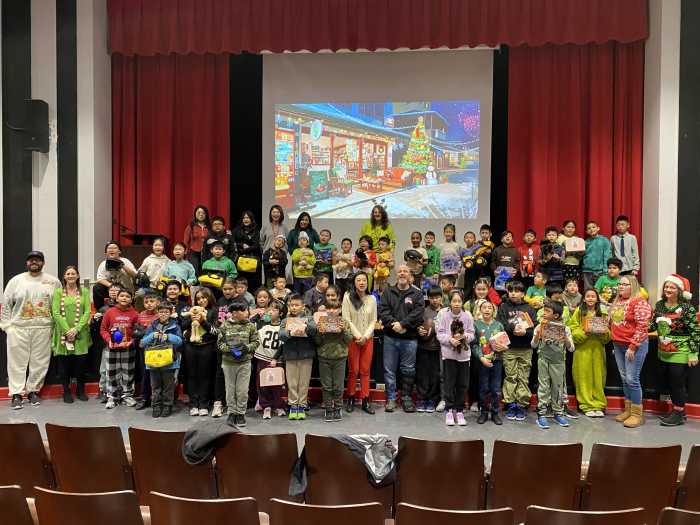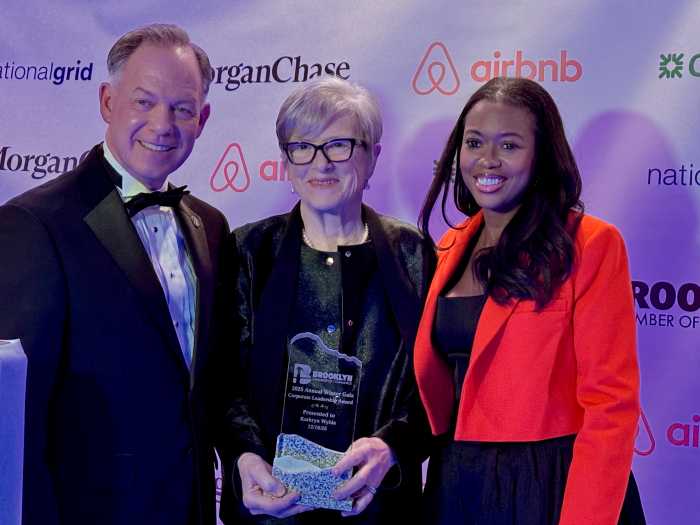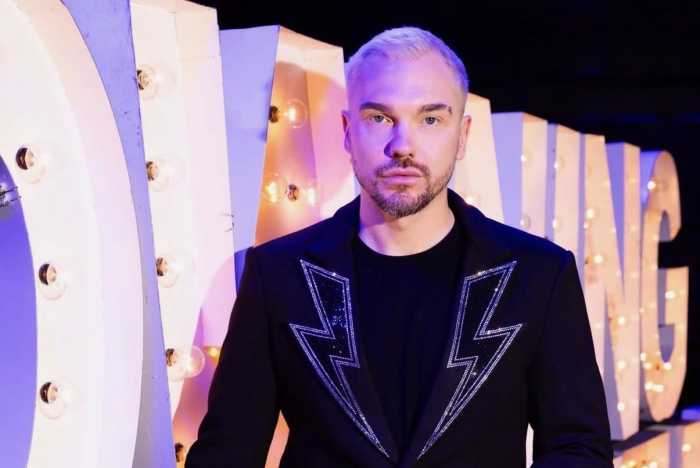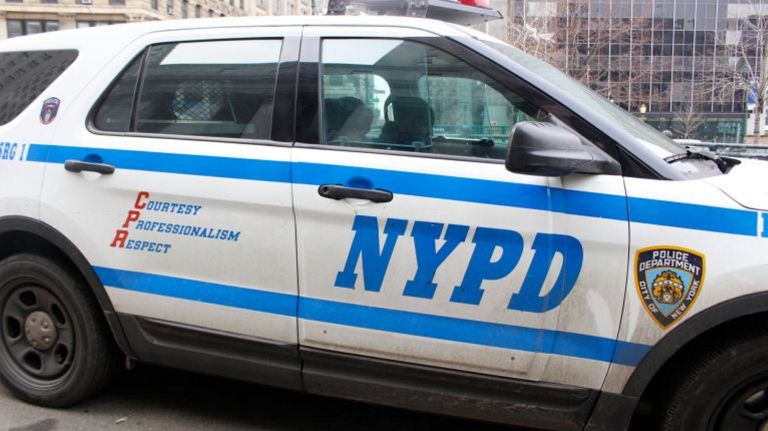
The New York Police Department faces horror on a regular basis.
But this year, the department is confronting a different kind of tragedy, one that’s deeply concerning and personal. Eight officers have committed suicide since the start of 2019 — six of them since the beginning of June.
Tuesday morning, Johnny Rios, a 35-year-old officer, apparently shot himself while off duty in his Yonkers home.
Sadly, the devastating trend is not limited to the NYPD. Blue HELP (which stands for honor, educate, lead and prevent), a national organization devoted to law enforcement officers’ mental health issues and suicide prevention, says 122 suicides of active and retired officers have been reported this year, compared with 95 in the same period last year.
NYPD Commissioner James O’Neill is right to call this a crisis. It demands an expansive effort to figure out how to reach officers in need, and how to combat the stigma associated with seeking assistance. The NYPD, Blue HELP and law enforcement agencies across the country are strongly encouraging officers to get mental health help. The NYPD, with 36,000 officers and 19,000 civilian staff members, has several options available, from employee assistance and chaplains to phone and text lines.
One key, police officials agree, is to provide opportunities for officers to speak with fellow officers, some of whom have experienced their own struggles. And mental health and wellness training must not be limited to an officer’s time at the academy or when problems arise. The training must be an ongoing effort that officers experience at every stage of their careers. Police departments also can use technology — from video to texting to internal intranet resources — to reach their officers.
The concerning string of law enforcement suicides reflects a far larger issue, as suicides have risen nationally over the last several years. There is no single answer to this painful problem.
Whether the suicides have personal origins, or stem from what officers see and experience professionally, it’s not surprising that New York City’s Finest might need help. But it might not be easy for our toughest men and women — who are seen as heroes, as protectors — to ask for help themselves.
They are real people with real problems. And they should know that seeking help can be a heroic act, too.



